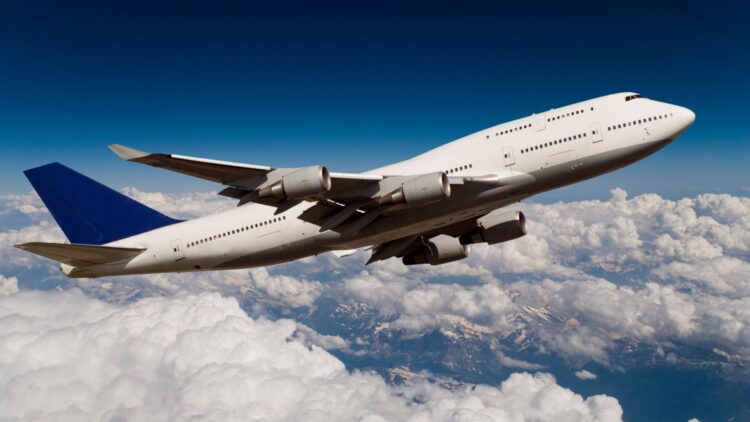Despite the push towards green energy, it has been hard to find a source of energy that covers the same range as fossil fuel and that gives the same versatility. There are many that are rethinking this strategy and are not trying to find the one size fits all solution that we might have expected, but they are trying to rethink how we do things one industry at the time. The car world seems to be the primary focus due to the day to day to day concerns, but the airline industry and its kerosene use is also a big contaminant and thus a cause for concern environmentally speaking. One company, ZeroAvia, is trying to solve the issue and they may have created the perfect solution, a hydrogen engine but with a twist.
While electric seems to have come out on top as the obvious solution for cars, electric technology has one major drawback when it comes to planes, and that is that the amount of batteries that it would take to keep them in the air are too heavy to be a real solution, as the more weight the more energy is needed and the more batteries that need to be installed, creating a vicious circle that cannot be escaped. But that does not mean that they industry does not need a solution, as plane are some of the biggest contaminants that we have nowadays.
The hydrogen solution that may solve our flight issues
Hydrogen has many advantages when it comes to being used as an energy source, it does not release harmful emissions when used, and its setup is much lighter than massive electric batteries. The limitations that apply to hydrogen when it comes to its use in cars also do not seem to apply to its use on bigger vehicles, as we have seen with plenty of city buses and we could see in planes in the future. It really does seem to balance power, weight, and sustainability.
And ZeroAvia must have had the same idea, as they have developed a 600kW electric propulsion system (EPS) that draws its power from hydrogen. Instead of relying on batteries, the system uses hydrogen fuel cells to create electricity, which are a lot lighter and can essentially blend the benefits of electric and hydrogen power.
But they needed someone to try the system, and Jetcruzer International was the guinea pig, with the new hydrogen-electric aircraft called the Jetcruzer 500E set to hit the market by 2028. This is a smaller aircraft, only transporting six people, but there is also a larger version in the works, the 1250E, which is expected two years later in 2030.
The company released a statement talking about the partnership and the impact on the industry as a whole “Sustainable aviation is the future, and we are thrilled to take a leadership role in advancing this vision. The electrification of the Jetcruzer 500E represents a bold step forward in reducing carbon emissions while maintaining the high performance and efficiency our customers expect. Partnering with ZeroAvia, a proven leader in zero-emission propulsion technology, reinforces our commitment to pioneering clean aviation solutions.”
But ZeroAvia does not just have this one project, they are in the process of expanding operations with a new facility at Paine Field near Seattle where they plan to reengineer a de Havilland Dash 8-400 using their ZA2000 propulsion system, tailored for regional aircraft that carry between 40 and 80 passengers. Their first step is to roll out the ZA600 conversion kits, which are designed for smaller planes by the end of the year and to roll out the bigger ZA2000s in 2027.
ZeroAvia founder and CEO Val Miftakhov commented excitedly “While hydrogen-electric is the future for the majority of commercial routes in existence today, advances in electric propulsion technology and novel aircraft design are opening up an exciting range of new shorter-range, electric air mobility applications.”

